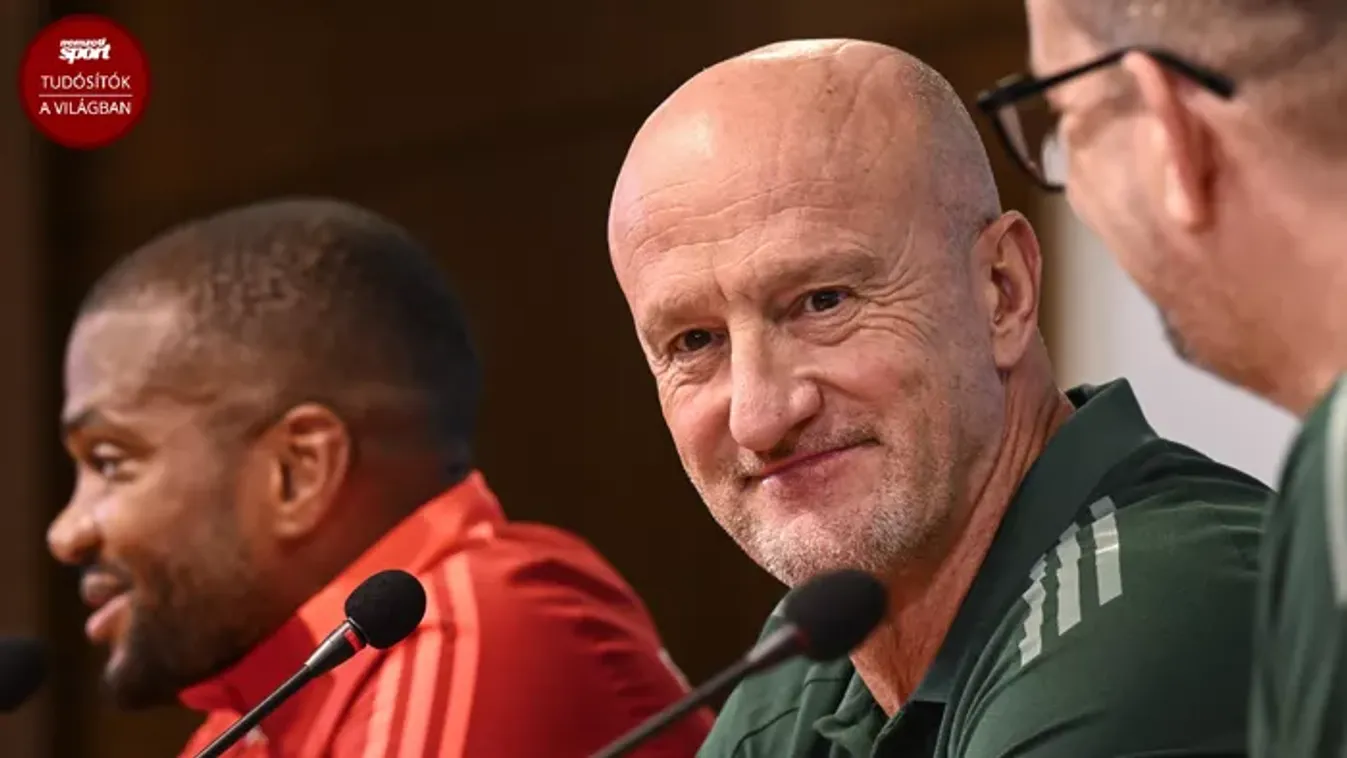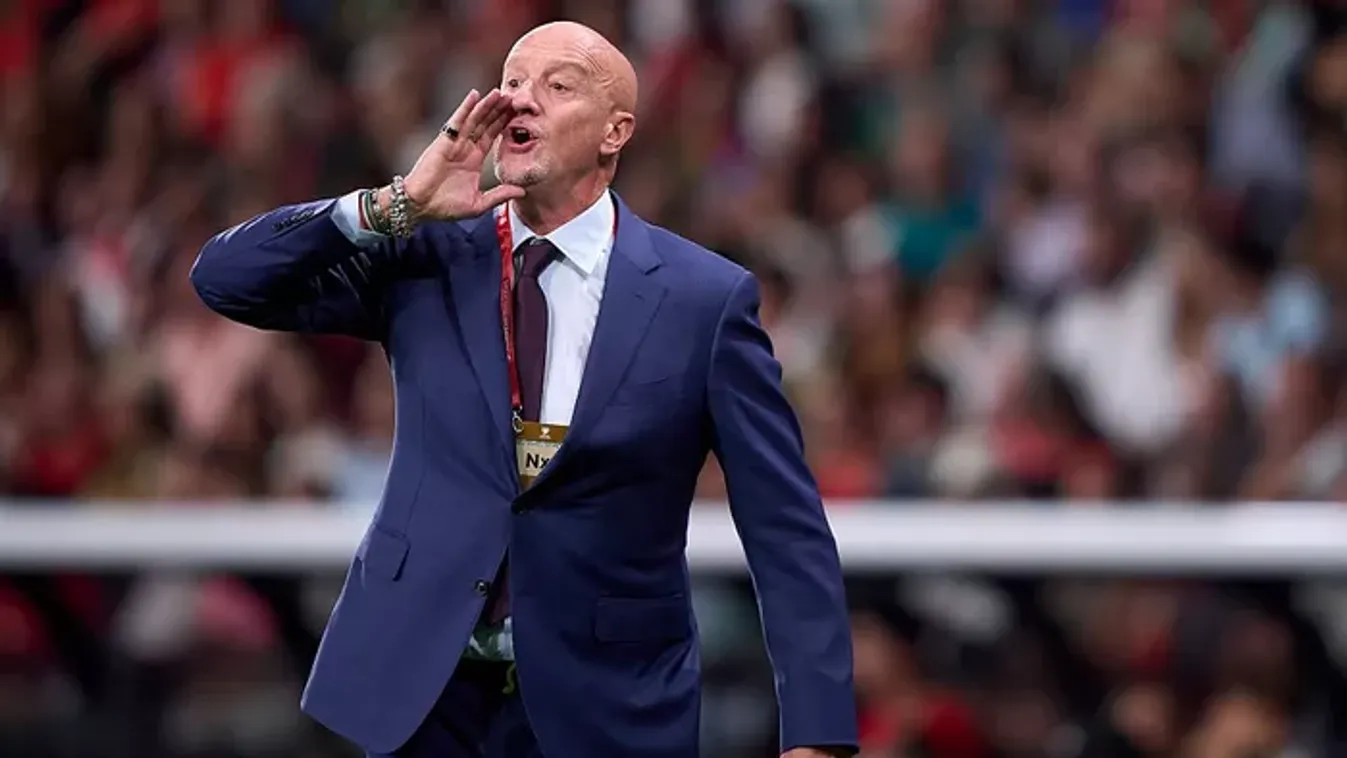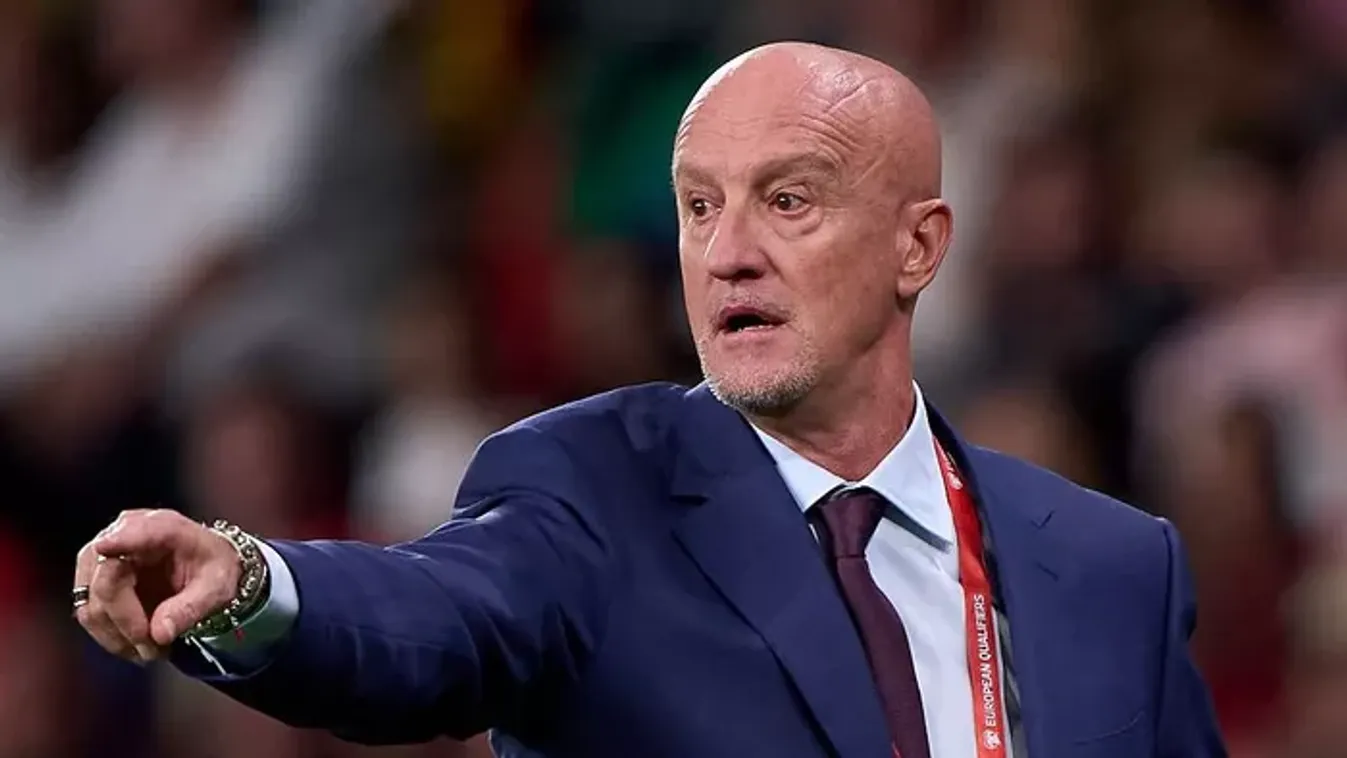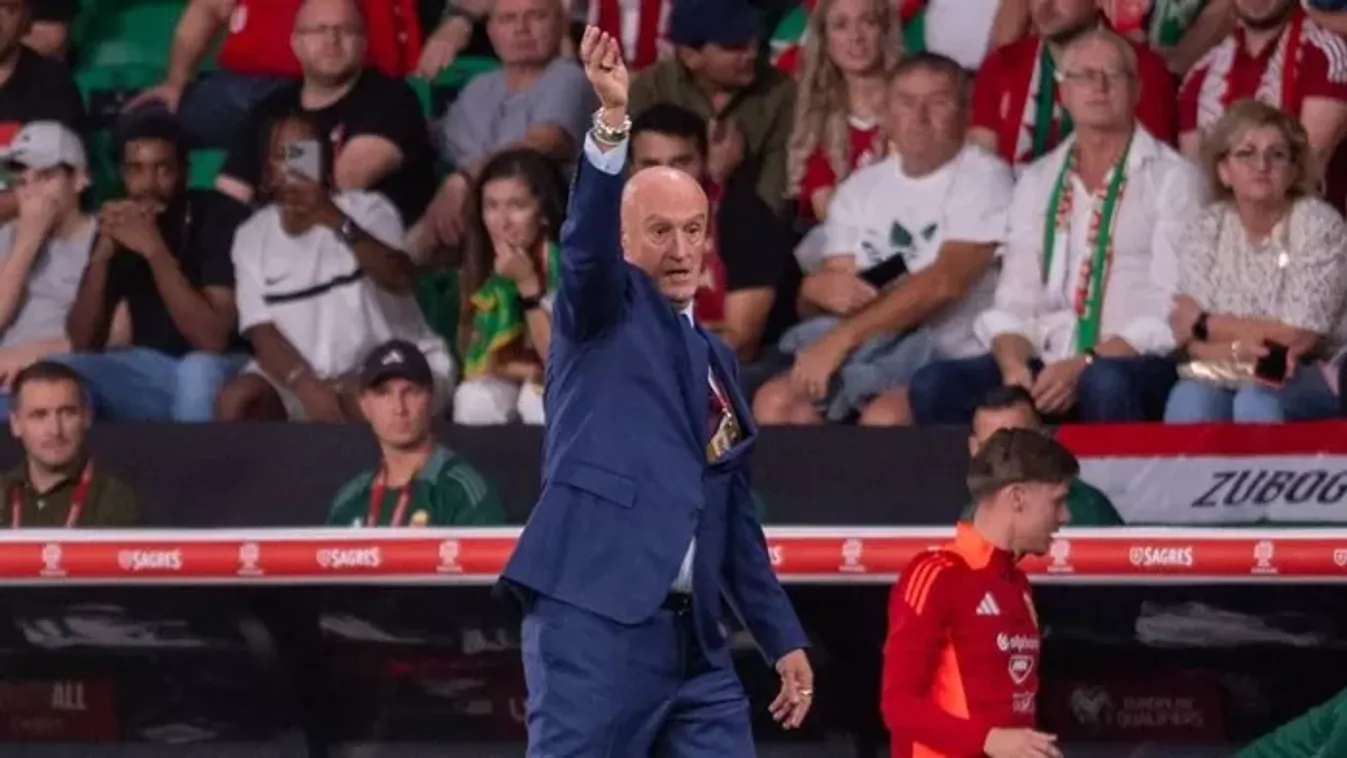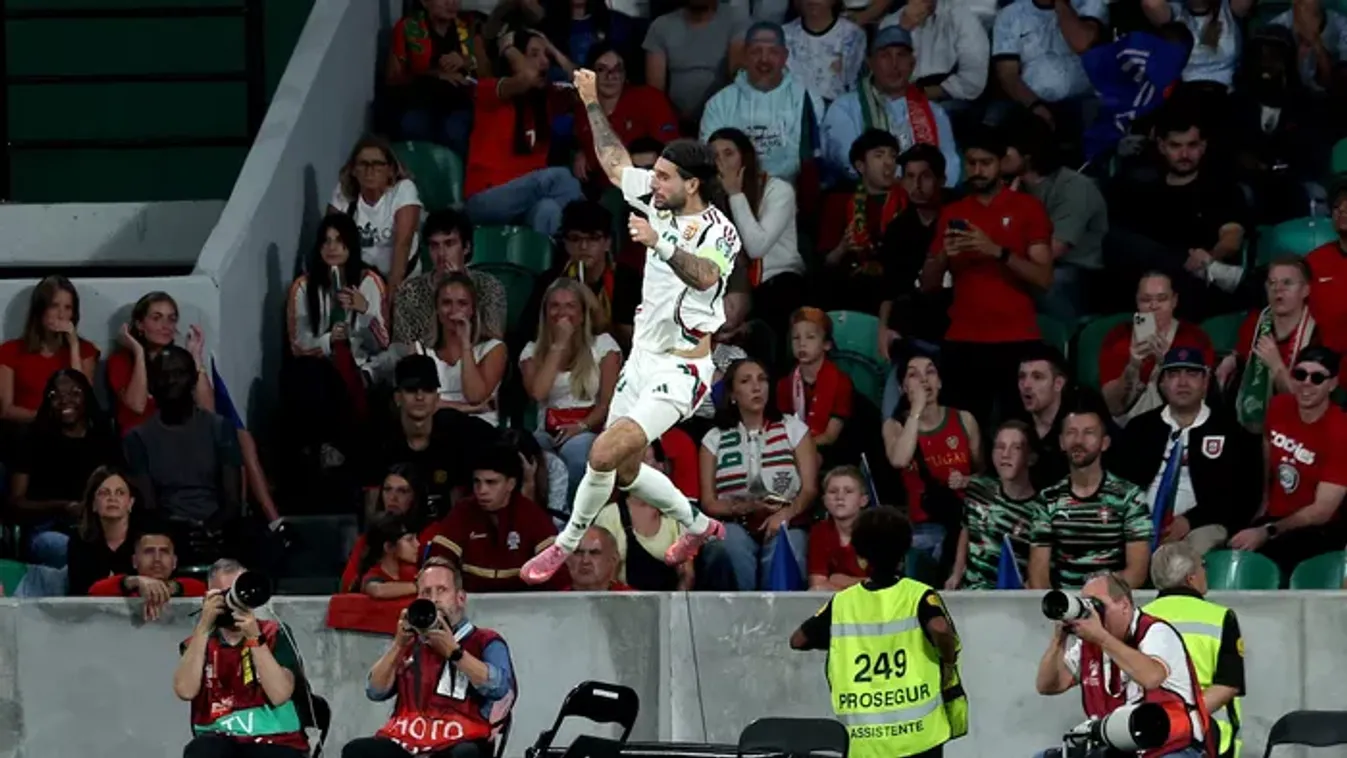The national stadium was named after Ferenc Puskás twenty years ago
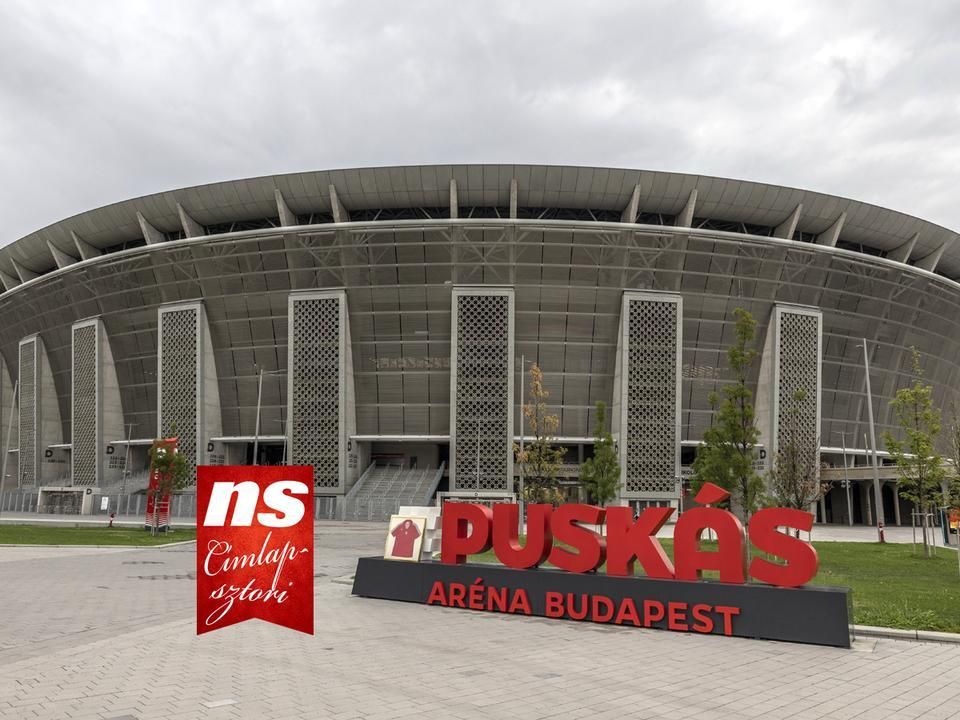
"Wave, Uncle Öcsi!" – Zsolt Baumgartner politely encouraged the 75-year-old celebrant from behind the wheel as he drove him along the athletics track in an open-top car in front of the fans. Ferenc Puskás grimly replied, "Oh, f... no!”
This is perhaps the last unadulterated wisecrack from the most famous figure in Hungarian football, who many people have taken to their hearts because of his honesty and straightforward manifestations. And perhaps that is why it is a forgivable sin that, in addition to the many fine gestures and the 1-1 draw in the Hungarian-Spanish national team match, the celebration twenty years ago, when the former Népstadion officially "took on" the name of Ferenc Puskás, is also remembered in football circles for the scene with the sports car. The anecdote is also included in György Szöllősi's book on the life of Ferenc Puskás and helps to evoke something of the engaging directness and naturalness that surrounded him, which seemed particularly timely to recall on Monday.
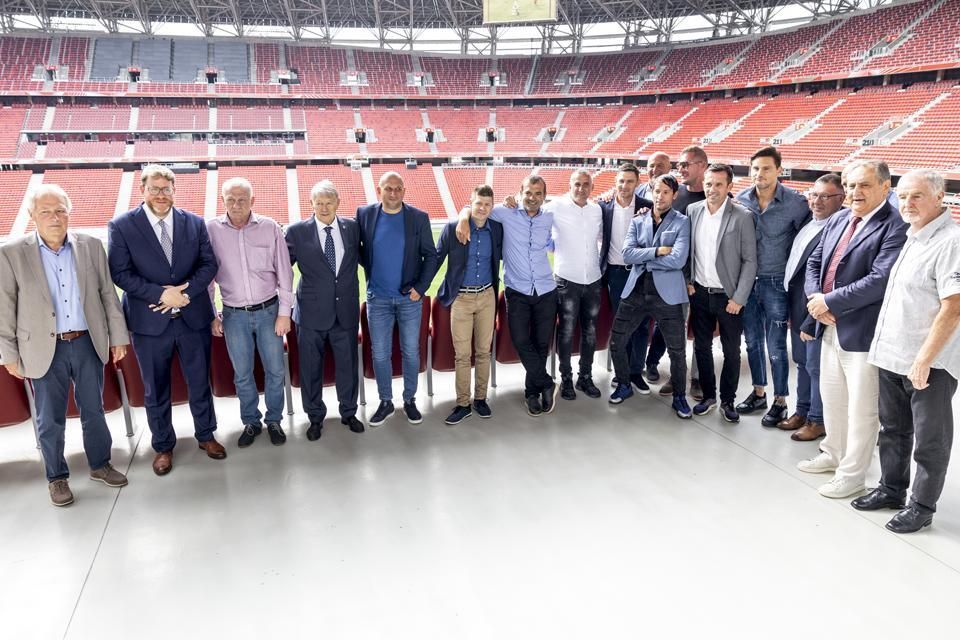
Twenty years ago on August 21, 2002, the national stadium, which opened in 1953, was renamed Ferenc Puskás Stadium. To commemorate the name and the Hungary-Spain (1-1) match played in his presence, a ceremony was held in the Puskás Aréna - inaugurated in 2019 - with the participation of members of the national team at the time. The program, organized by the Secretary of State for Sports, was opened with a speech by Imre Gellei, former head coach of the Hungarian Football Federation, at the statue of Hungarian football.
"Playing against the Spanish national team is always a big task, and against the recent World Cup quarter-finalists Iker Casillas, Xavi, Raúl, and Fernando Morientes, this was even more true. However, I believe that the draw was an appropriate performance to the occasion and to honor Ferenc Puskás," said the head coach of the now Masters team. “Uncle Öcsi left his mark not only through his playing and footballing career, but also through his colorful personality and sense of humor, and it was a pleasure to be around him. He didn't need to understand football because he was the football himself."
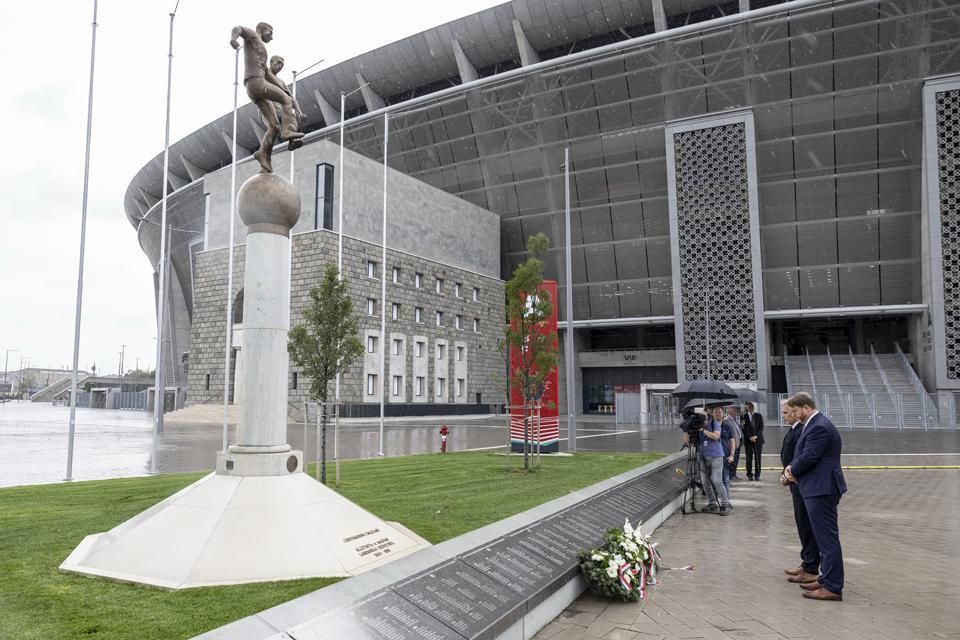
Imre Gellei remembered the absentees of the team of twenty years ago: Miklós Fehér, who replaced Zoltán Gera as a substitute against Spain and died two years later (the father of the former great striker was present at Monday's event as the organizers invited him), as well as the jovial masseur László Eisemann (1954-2015), who was loved by many. A wreath was laid at the statue honoring the Hungarian national team players by the Ministry of Defense, the Hungarian Football Federation, and the Puskás Foundation, and the program continued with further speeches in the Eastern VIP room of the Puskás Aréna.
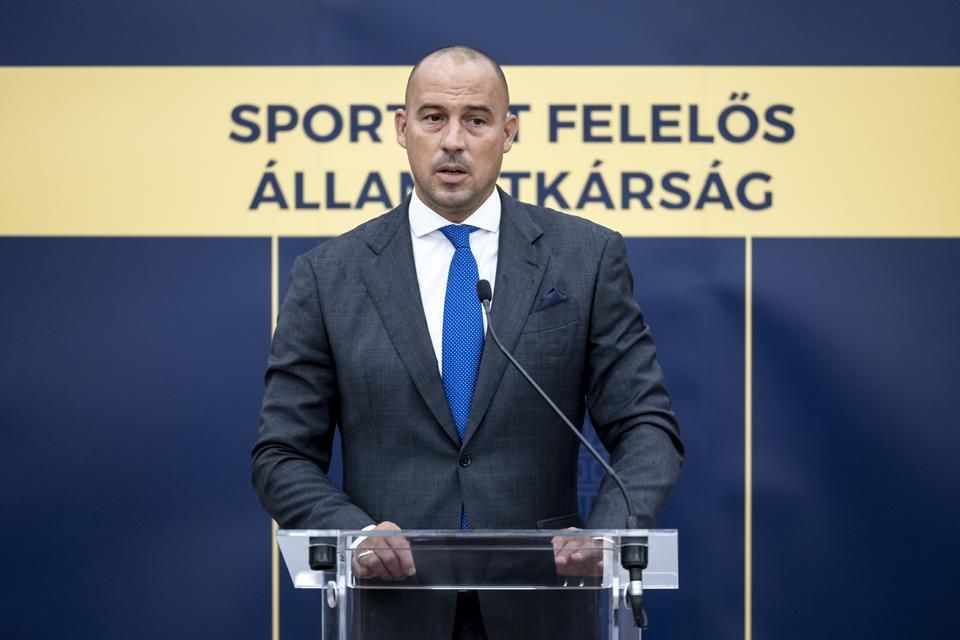
"There was no question that our biggest national stadium should bear the name of Ferenc Puskás," said Ádám Schmidt, Secretary of State for Sports, who was among the 20,000 people who attended the Hungarian-Spanish match. "It was also clear that the stadium at the time was not in a condition worthy of the eponymous legend, but the renovated Puskás Aréna in 2019 is. Puskás made his mark not only in football but it says a lot about his impact that Puskás is still the best-known Hungarian name in the world."
A large number of players from the national team of two decades ago were present, including Zoltán Böőr, Csaba Fehér, Zoltán Gera, Gábor Gyepes, Péter Halmosi, Krisztián Kenesei, Gábor Király, László Miriuta, Vilmos Sebők, and Attila Tököli. Representing the team was Hungarian national team goalkeeper Gábor Király of 108 caps to take the microphone amid the backdrop of a temporary mini exhibition put together by the Puskás Institute for the event. He mentioned the strange coincidence of his and Puskás' birthday falling on April 1st and recalled the memory of their last meeting in 2005: "It was during the match against Real Madrid, and I remember it so vividly like a scene from a film. He was coming out of the players' exit tunnel, I was going in, the sound of the crowd cheering for Puskás, and the light outside was filtering in from the stands while the tunnel was gradually getting darker. We met in that strange situation and exchanged a few words, which meant quite a lot to me."
Zsolt Gyulay, President of the Hungarian Olympic Committee, was present at the Puskás Aréna on the occasion of the anniversary of the stadium naming ceremony, while the Hungarian Football Federation was represented by Vice President Sándor Berzi, Secretary General Márton Vági, and Marco Rossi, national team head coach, who recalled his memories of Ferenc Puskás in his speech.
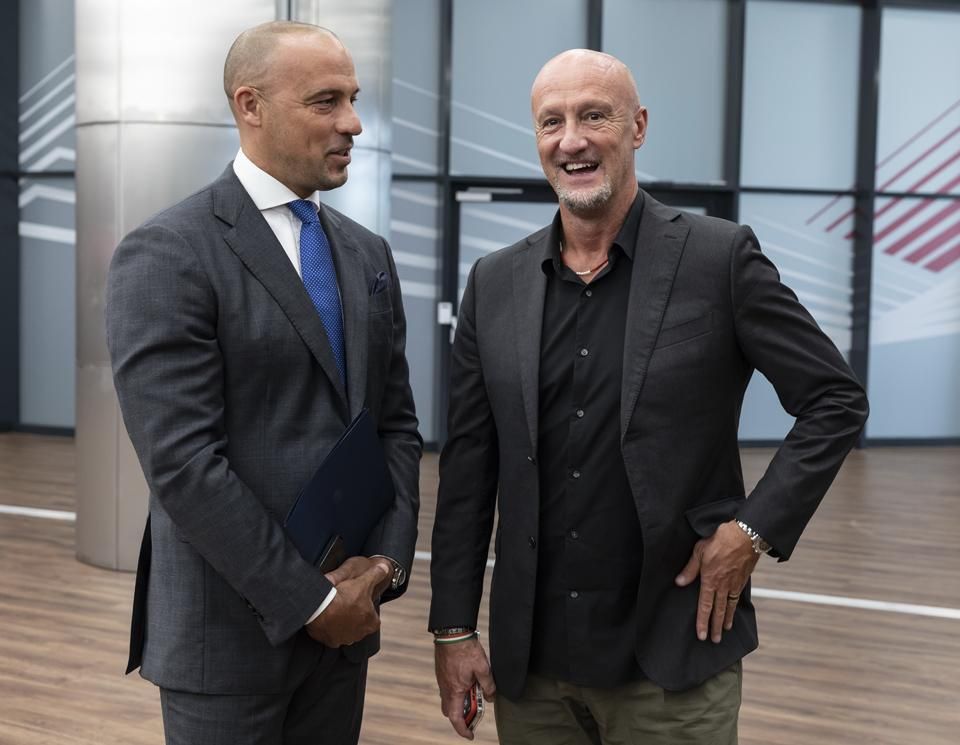
"I am a foreigner, but I am proud to be here and to remember the greatest legend of Hungarian football," said the Italian coach. “As the head coach of the national team, I
say that we must represent Hungary and the history of Hungarian football worthily way. It shall never happen that we bring shame to the country."
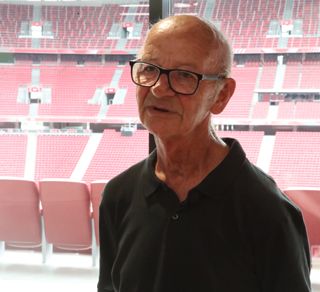
As the former official initiator of the renaming, György Szöllősi, editor-in-chief of Nemzeti Sport and ambassador of Puskás Affairs, explained in his speech the steps of the fight for the renaming. At the request of our newspaper, Imre Bozóky, the then-president of the Hungarian Football Federation, confirmed the detail mentioned by Sándor Berzi and said that the original date of the Hungarian-Spanish match was April 1st, the closest matchday to Ferenc Puskás' 75th birthday, but despite the agreement, the Spanish association backed out at the last minute and subsequently booked a match against the Netherlands for the national team preparing for the World Cup. However, the Spaniards felt it was important to pay tribute to Ferenc Puskás and were open to the idea of a slightly delayed summer clash, and even declined to ask for an appearance fee, just reserved the rights to broadcast the match on television there.
And speaking of television coverage, the 2002 match was screened at the Puskás Aréna on Monday, and the first frames of the match may have left/may leave some viewers with a feeling of missing something.
Although it was announced at the time that Ferenc Puskás would do the kick-off, the celebrated player, who had been discharged from Kútvölgyi Hospital for a few hours and was in a weakened state, withdrew from the arduous task at the stadium. However, he was still actively involved in the unveiling of the inscription above the players' exit tunnel, where he was able to see the letters of "Puskás Ferenc Stadion" up close.
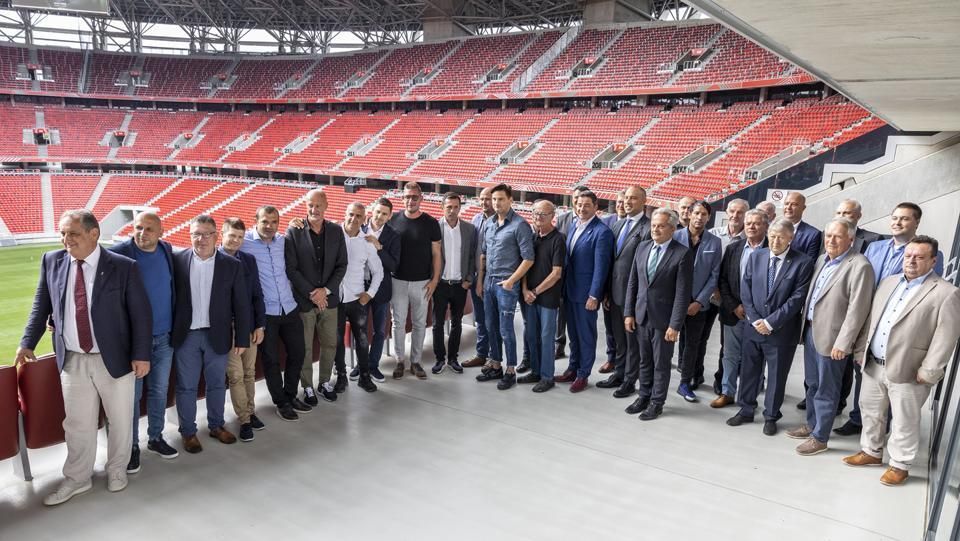
Translated by Vanda Orosz.

Szoboszlai Dominik a fontos és nagy gólok mestere

Nyugalom – Somogyi Zsolt jegyzete
